They have more tendency to bleed than polyps. However the presence of multiple papilloma is associated with increased risk for the development for breast cancer.
 Hpv And Throat Cancers Ent Specialist Singapore
Hpv And Throat Cancers Ent Specialist Singapore
In some cases breast cancer cells are actually found close to peripheral papillomas.
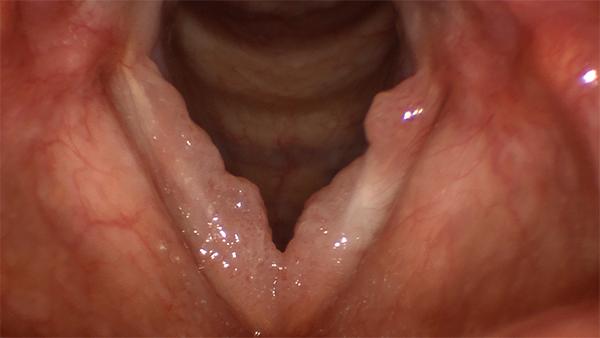
Can papillomas turn to cancer. A papilloma that forms inside the nose or sinuses can cause more. However having multiple papillomas increases breast cancer risk slightly. An intraductal papilloma is not breast cancer and it does.
Because these HPV types rarely cause cancer they are called low-risk viruses. How do intraductal papillomas affect your risk for breast cancer. The Human Papilloma Virus also known as HPV is thought to contribute to an estimated 5 of all cancer cases worldwide.
HPV can infect the mouth and throat and cause cancers of the oropharynx back of the throat including the base of the tongue and tonsils. For example if your papilloma contains atypical cells your likelihood of developing breast cancer increases slightly. It should be noted that in some circumstances intraductal papilloma can increase your chances of breast cancer.
About 7 percent of people in the United States between the ages of 14 and 69 have an HPV-related infection in the throat which can turn into throat cancer. CDC recommends HPV vaccination at ages 1112 years to prevent HPV infections that may lead to these cancers. Solitary intraductal papillomas are not typically associated with a higher risk of breast cancer.
What happens is that the Human Papilloma Virus attacks the mucosal tissue within the genitals which in turn ends up causing cancer. The usual treatment is surgery to remove the papilloma and the part of the duct its in. Most intraductal papillomas are non-cancerous however 17-20 have been shown to be cancerous upon complete removal of the growth.
HPV infection causes cells to undergo changes. Having a single solitary papilloma does not raise breast cancer risk unless it contains other breast changes such as atypical hyperplasia. Protecting yourself against HPV.
About 10 to 15 of these papillomas become cancer. It usually takes years after being infected with HPV for cancer to develop. Cervical cancer screening involves testing for pre-cancer and cancer more and more testing for HPV infection is performed.
Oral papillomas in the throat are the most likely to turn into oropharyngeal cancer so if you have these symptoms it is important to get checked out by your doctor. An intraductal papilloma is a benign wart-like tumor that can develop in a duct of the breast. They tend to affect younger premenopausal women.
Aside from the lump that is felt this type of papilloma cause any other symptoms. Once high-risk HPV infects cells it interferes with the ways in which these cells communicate with one another causing infected cells to multiply in an uncontrolled manner. This risk is associated with a precancerous breast condition known as atypical hyperplasia.
This is called oropharyngeal cancer. What are the causes of papilloma. HPV is thought to cause 70 of oropharyngeal cancers in the United States.
Indeed medics now suspect that most instances of papilloma and papillomatosis thought to have evolved or developed into breast cancer were actually breast carcinoma to begin with and simply under-diagnosed. If not treated these cells can over time become cancer cells. Some types of HPV can cause warts papillomas on or around the genitals and anus of both men and women.
When screening detects an HPV infection or pre-cancerous lesions these can easily be treated and cancer can be avoided. Oral papilloma causes are related to sexual activity specifically oral sex. You dont need to worry a lot.
Testing is done among women who have no symptoms and may feel perfectly healthy. Peripheral papillomas tend to be even smaller in size than a central papilloma and may be less likely to cause discharge. When papillomas form in the smaller ducts farther away from your nipple they typically form as clusters of little tumors.
HPV is a sexually transmitted virus that can be prevented. Peripheral papillomas appear to slightly increase the risk of breast cancer. Away from cancer that may develop within the genitals there are also warts within other parts of the body that may contain high risk Human Papilloma viruses.
This includes approximately 70 of Oropharyngeal throat cancers 95 of anal cancers and 99 of cervical cancers among some other rare cancers 1-4. A solitary papilloma does not increase your chances of developing breast cancer. A single leaking papilloma in the breast is likely no closer to becoming cancerous and treatment can remove these papillomas.
Women may also have warts on the cervix and in the vagina. Surgery is the recommended treatment to remove the papilloma and the part of the duct it is in so that the growth can be evaluated for any indications of cancer. Papillomas are usually caused by viruses.
HPV vaccination prevents invasive cancers as well as anal vaginal cervical and vulvar precancers abnormal cells that can lead to cancer further reducing the health burden of diseases caused by HPV. There may be one or more of these growths. These are the virus types that may lead to cancer.
Papilloma can sometimes conceal a breast cancer However recent studies point to a diagnostic and assessment inaccuracy associated with papillomas and breast cancer risk.
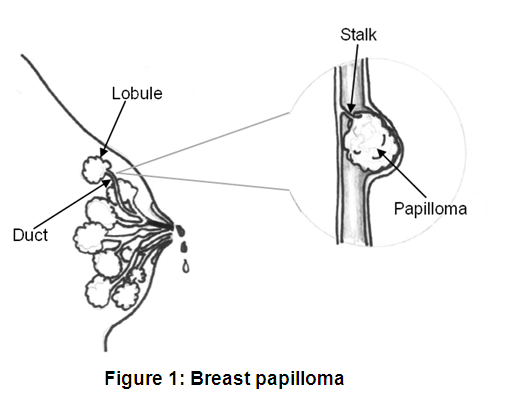 Breast Lumps Breast Papillomas
Breast Lumps Breast Papillomas
 Papilloma Sean Parker Institute For The Voice
Papilloma Sean Parker Institute For The Voice
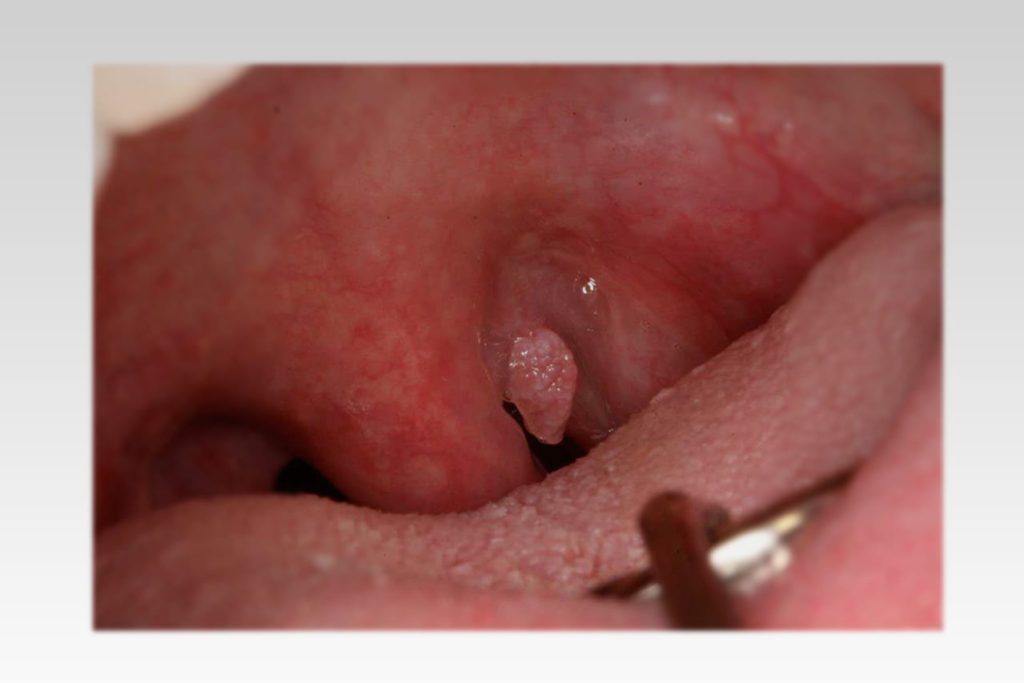 Hpv And Throat Cancers Ent Specialist Singapore
Hpv And Throat Cancers Ent Specialist Singapore
 Diseases Associated With Human Papillomavirus Infection Sciencedirect
Diseases Associated With Human Papillomavirus Infection Sciencedirect
 Papilloma Sean Parker Institute For The Voice
Papilloma Sean Parker Institute For The Voice
Hpv Virus Turns Into Cancer Research Areas
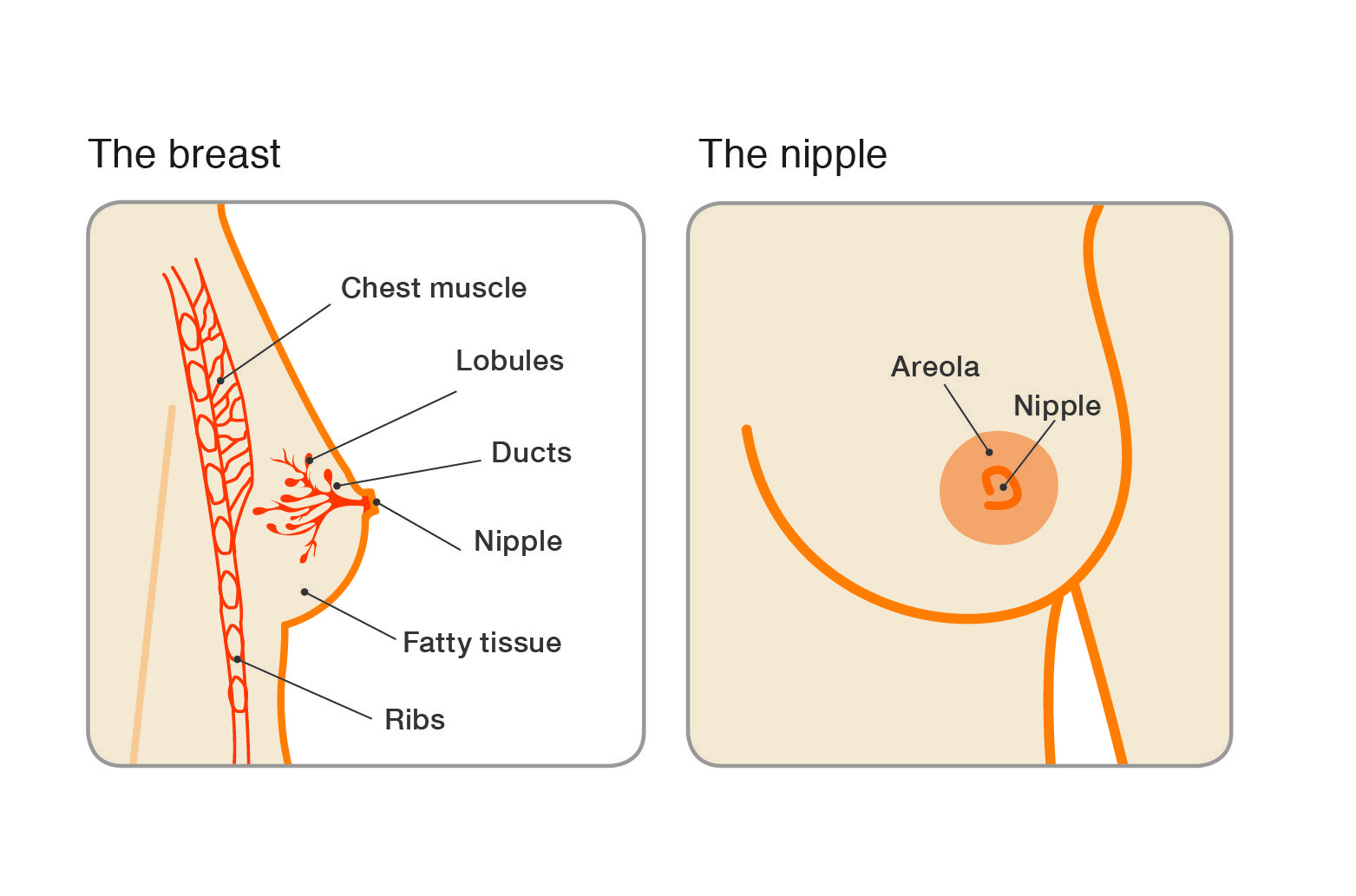 What Are Papillomas And Why Do They Need To Be Excised Breast Surgery Breast Oncology
What Are Papillomas And Why Do They Need To Be Excised Breast Surgery Breast Oncology
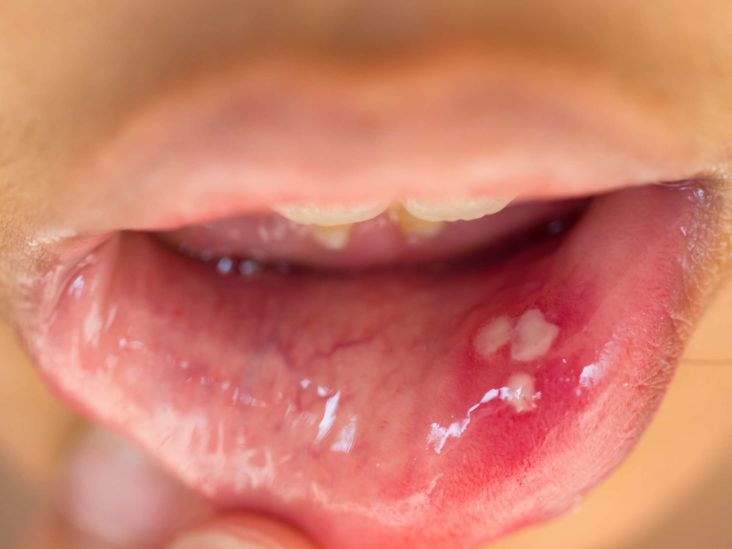 Hpv In The Mouth Symptoms Causes And Treatment
Hpv In The Mouth Symptoms Causes And Treatment
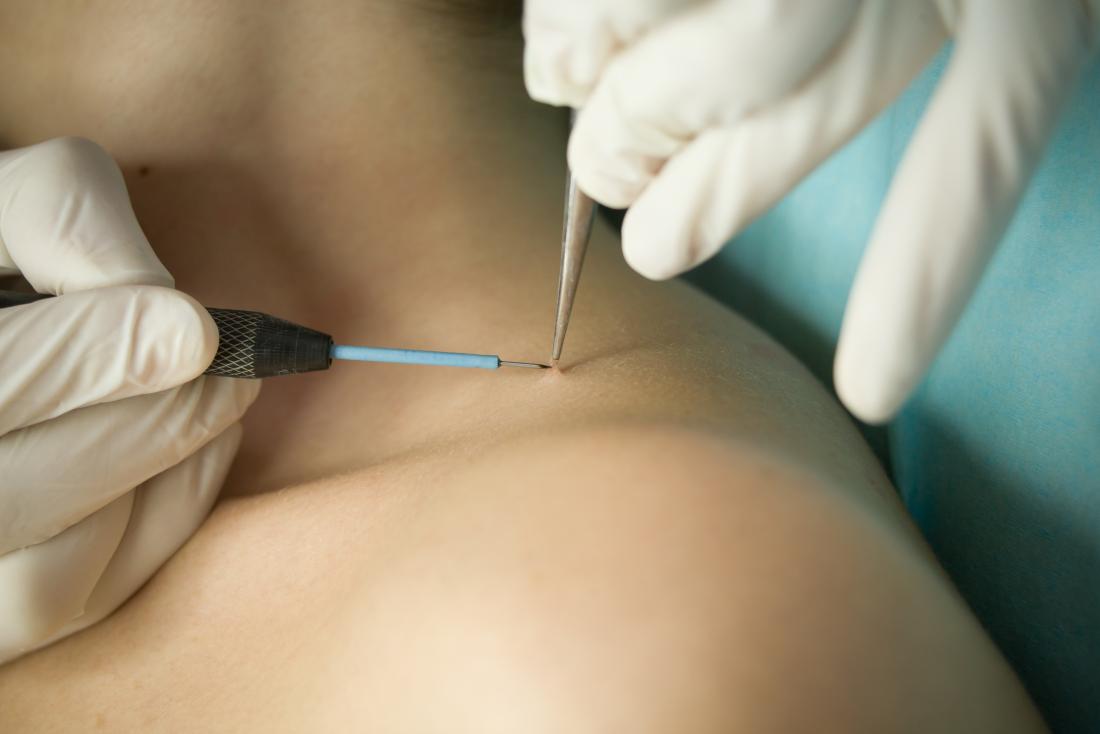 Papilloma Causes Symptoms And Treatment
Papilloma Causes Symptoms And Treatment
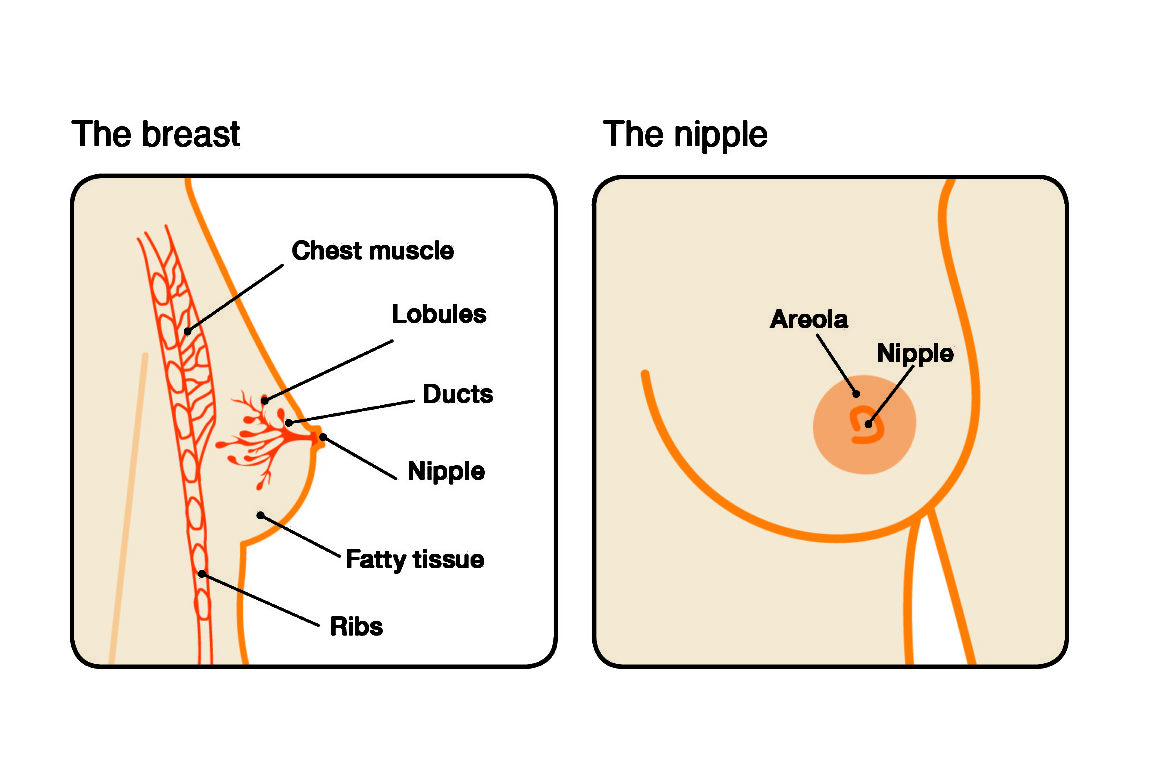 What Are Papillomas And Why Do They Need To Be Excised Breast Surgery Breast Oncology
What Are Papillomas And Why Do They Need To Be Excised Breast Surgery Breast Oncology
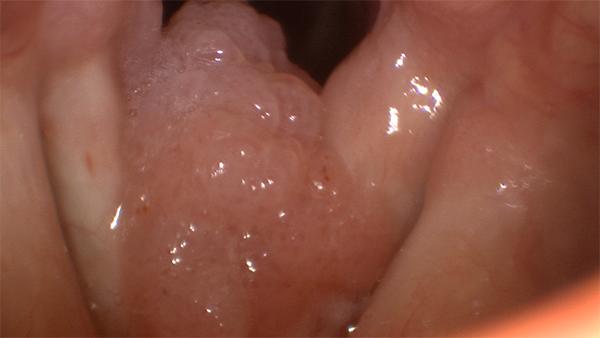 Papilloma Sean Parker Institute For The Voice
Papilloma Sean Parker Institute For The Voice
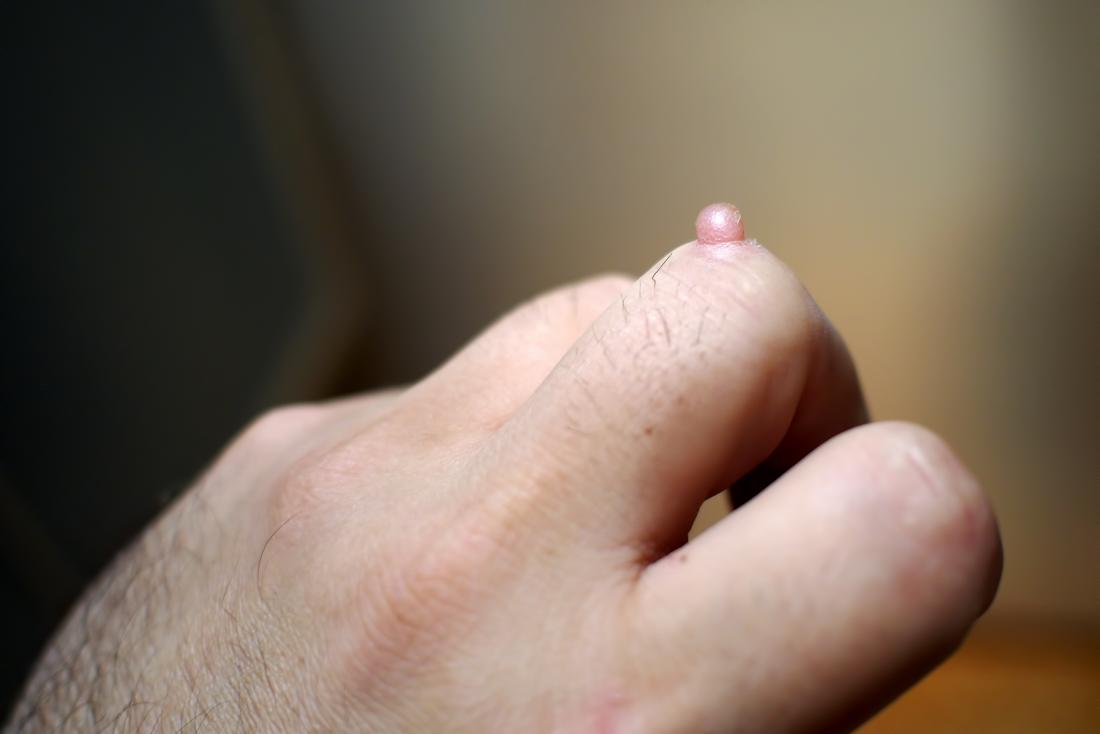 Papilloma Causes Symptoms And Treatment
Papilloma Causes Symptoms And Treatment
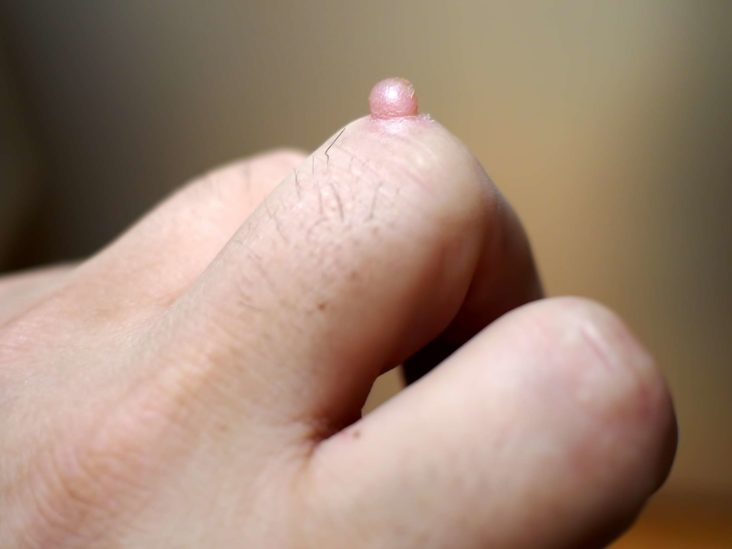 Papilloma Causes Symptoms And Treatment
Papilloma Causes Symptoms And Treatment
 Throat Cancer S Link To Oral Sex What You Should Know Health Essentials From Cleveland Clinic
Throat Cancer S Link To Oral Sex What You Should Know Health Essentials From Cleveland Clinic